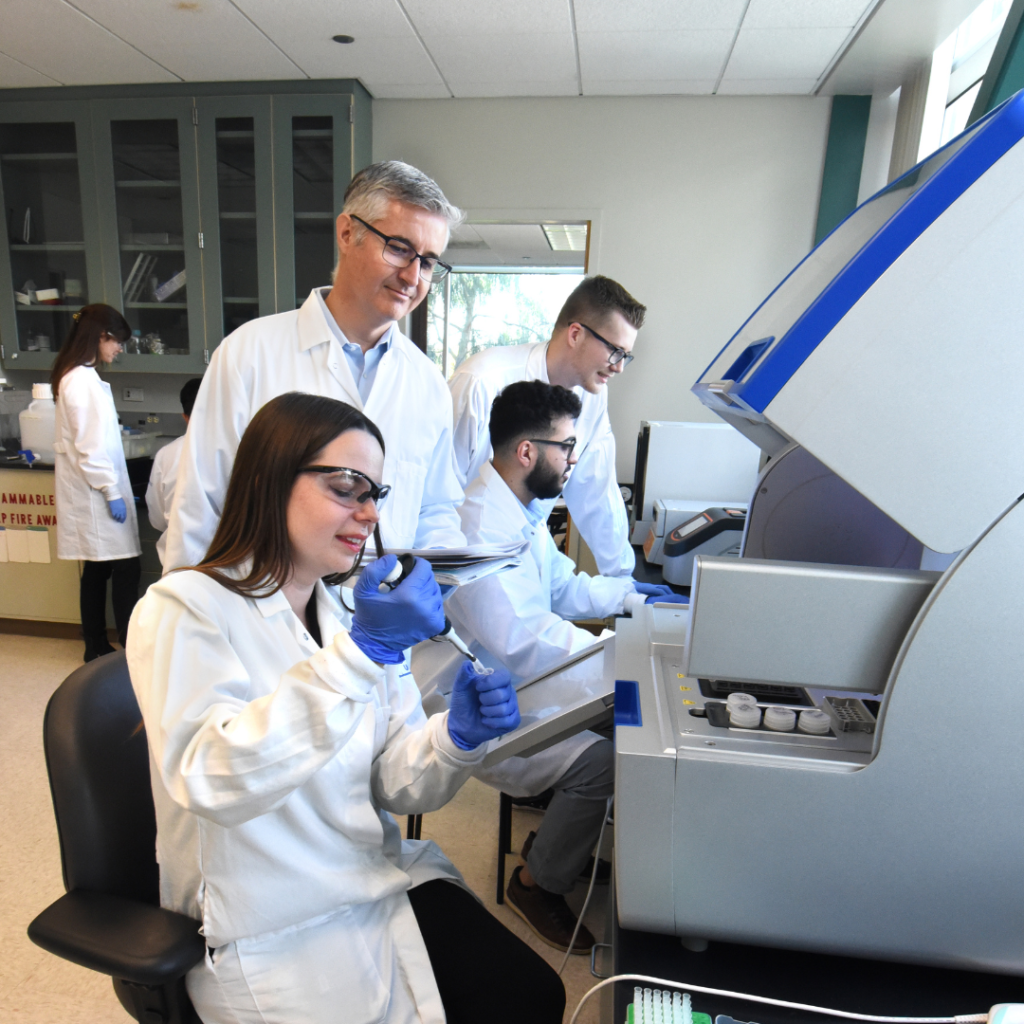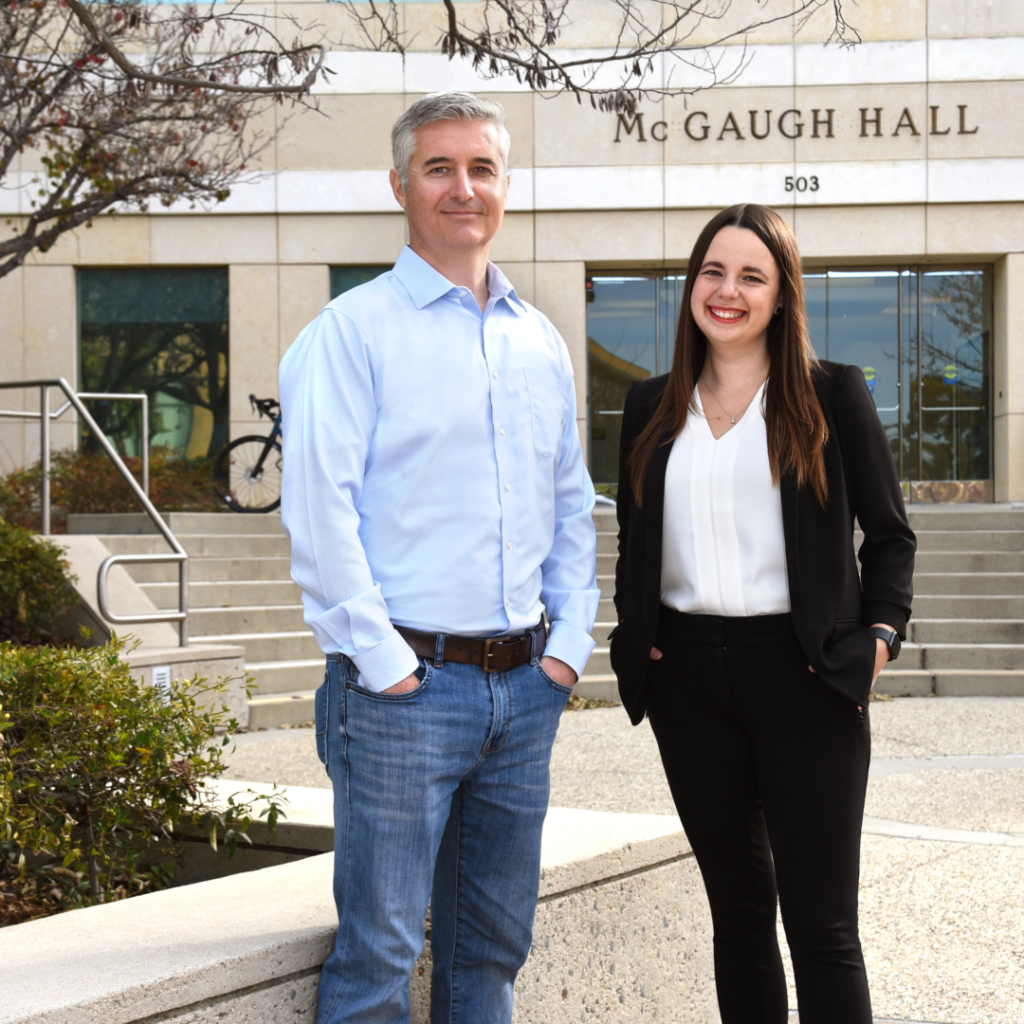
There is plenty of research that demonstrates the health benefits of regular exercise, but a team of researchers, led by Neurobiology and Behavior Professor and Chair Marcelo Wood and Postdoctoral Fellow Ashley Keiser, has made a groundbreaking discovery that shows exercise is also good for the mind. Their findings reveal that exercise creates a molecular memory for physical activity that enhances subsequent learning.
This discovery builds upon years of research by Carl Cotman, professor of neurology and neurobiology and behavior, who has studied the role of exercise in cognitive function and brain health.
Professor Wood was inspired by a study he read that showed yeast exhibit molecular memory. He and Keiser decided to investigate the same phenomenon in mammals by exposing mice to different exercise programs and determining the impact it had on gene expression — or the process by which the instructions in DNA are used to produce the proteins and other molecules that carry out functions in the body. One group had their gene expression measured after exercising for two weeks and again after a week of no exercise. The other group had measurements taken after exercising for two weeks and again after a week of no exercise but followed by an additional two days of exercise.

Subsequent tests found that when the receptor was activated in mice, those mice performed better in memory tests, and mice that had the receptor inhibited did not perform as well.
The results showed that the gene known as Acvr1c, which is a receptor, was turned on in mice after two weeks of exercise, then turned off after a week of no exercise, then turned back on after two days of exercise. Two days of exercise is not sufficient to turn on the receptor by itself. This means that the initial two weeks of exercise primed the receptor to be turned on later by two days of exercise, suggesting that a molecular memory is generated by two weeks of exercise. Subsequent tests found that when the receptor was activated in mice, those mice performed better in memory tests, and mice that had the receptor inhibited did not perform as well.
The team then utilized data from UCI’s MODELAD group, which is developing models of late-onset Alzheimer’s disease, to gather gene expression measurements. The team found that the receptor’s gene expression declines in the aging mouse and human brain, correlating with age-related cognitive impairment. To determine the effect of restoring the receptor’s function, the team turned on the receptor in aging mice, which improved the brain’s ability to adapt and change and increased long-term memory function. Impressively, the same approach performed in a mouse model that replicates a severe form of Alzheimer’s also led to increased ability in memory tests compared to mice without receptor activation.
Because the gene encodes a receptor, there is potential to target it with therapeutics to improve memory in patients, especially in those with Alzheimer’s and other forms of dementia. The team has received two grants from the National Institutes of Health to continue their research and is in the early stages of uncovering the full potential of that gene. What’s more, this research has led to Professors Wood and Cotman receiving a Multiple PI grant of over $3.5 million and Ashley Keiser receiving a K99/R00 grant to support both the last year of her postdoctoral fellowship and the first three years of her own independent laboratory.
This discovery showcases the incredible potential of scientific research to improve our understanding of the human body and improve the lives of individuals. It highlights the value of using models to study complex biological systems and the benefits it brings to society.
The 2023 Dean’s Report is focused on the state of California and calls attention to some of the work being done by faculty at the School of Biological Sciences that has a direct impact on the state’s residents and ecosystems, from climate change to diabetes research and much more.Read the full 2023 Dean’s Report.
